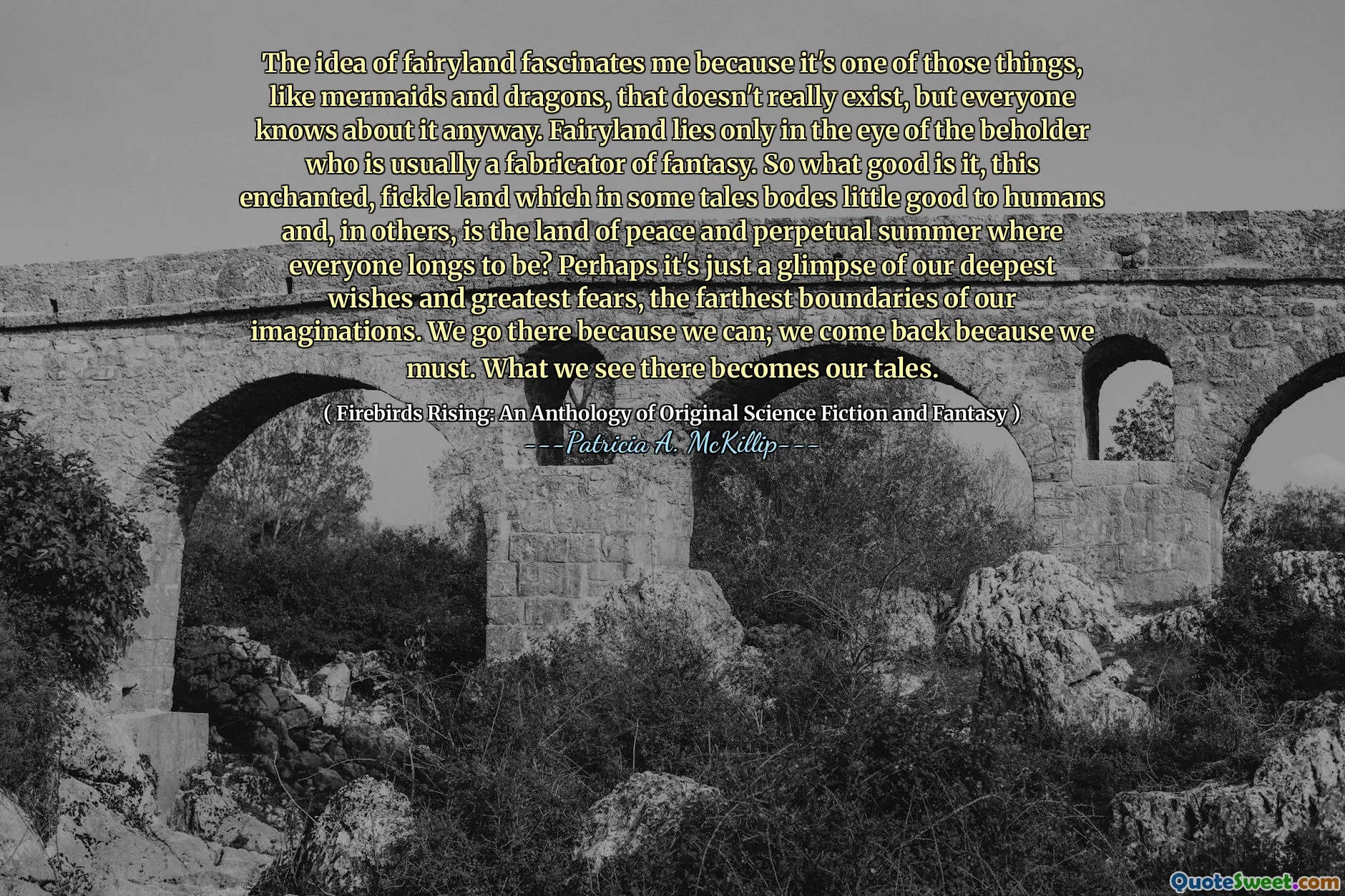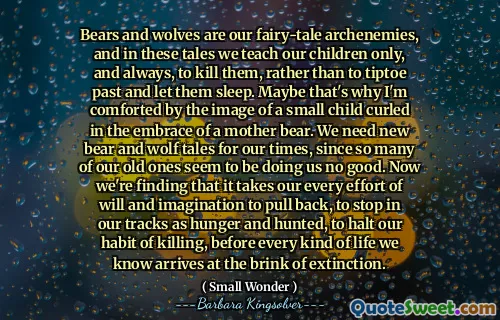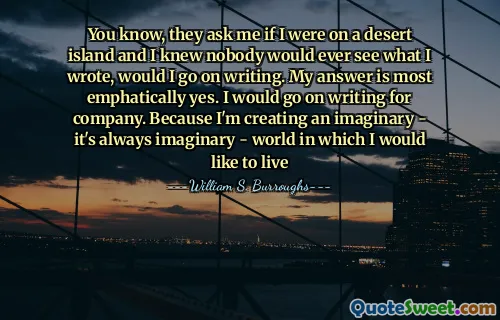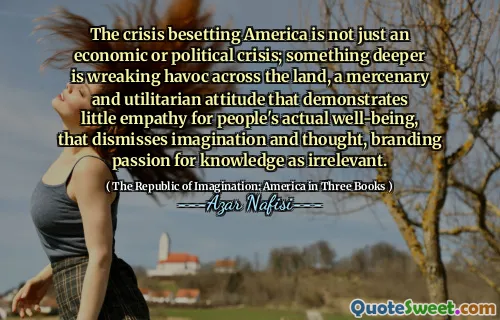
The idea of fairyland fascinates me because it's one of those things, like mermaids and dragons, that doesn't really exist, but everyone knows about it anyway. Fairyland lies only in the eye of the beholder who is usually a fabricator of fantasy. So what good is it, this enchanted, fickle land which in some tales bodes little good to humans and, in others, is the land of peace and perpetual summer where everyone longs to be? Perhaps it's just a glimpse of our deepest wishes and greatest fears, the farthest boundaries of our imaginations. We go there because we can; we come back because we must. What we see there becomes our tales.
This quote beautifully captures the essence of human imagination and the allure of mythical places like fairyland, mermaids, and dragons. It reminds us that even though these entities and realms don't physically exist, they occupy a significant space within our cultural consciousness and personal psyche. Fairyland, as described, is an imaginative construct that varies with the beholder, shaped by individual fantasies, fears, hopes, and creativity. This duality of fairyland—as both a place of peril and utopia—symbolically represents the complexity of our aspirations and anxieties. The notion that fairyland reflects our "deepest wishes and greatest fears" further emphasizes the psychological function of myth and fantasy as pathways into our inner selves. The quote also speaks to the human need to explore these realms of fantasy "because we can," highlighting our boundless curiosity and creativity. However, there is also a grounding aspect, the necessity to "come back because we must," which suggests the importance of reconciling fantasy with reality. Through this interaction, our experiences in fairyland nourish our stories and collective narratives, offering a never-ending source of inspiration for literature, art, and culture. Patricia A. McKillip—through this passage—invites readers to reflect on how imagination shapes human experience and how the tales spun from it become part of who we are. It is a poignant meditation on the power and purpose of fantasy, both as an escape and as a mirror to our inner worlds.






